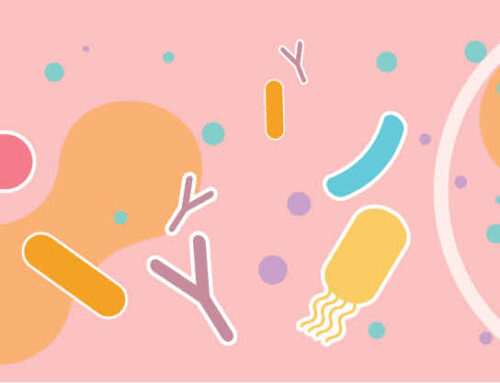Almost every client that walks through my door is dealing with some degree of inflammation. In fact, one of the most common questions I hear from clients is how to eat to lower inflammation.
In most cases, I start by recommending a Paleo diet. This emphasizes proteins (meat, nuts, seeds, eggs), along with fruits and vegetables, with little to no processed or packaged foods. Aim for a wide variety of colorful fruits & veggies, plus fatty fish, and lots of fresh herbs and spices.
Here is more specific information on foods to eat (and foods to avoid!) when reducing inflammation:
Foods to Eat
Healing Foods – Foods that support the healing process are yogurt and kefir with live cultures, fermented foods like kimchi and sauerkraut, vegetables and fiber in foods like onions, garlic, blueberries, bananas, and artichokes. Ghee and coconut oil are also beneficial to the healing process.
Glutamine – An amino acid, glutamine is useful in inflammation recovery, and can be found in all animal protein, beans, cabbage, beets, spinach, and parsley.
Healthy Fats – Fish contains omega-3 fatty acids, which can reduce inflammation and lower the risk of chronic disease. Walnuts and beans are another good source of omega 3s.
Cruciferous Vegetables – Broccoli, cauliflower, and Brussels sprouts are all powerful antioxidants.
Spices – Turmeric, cinnamon, ginger, garlic, onions, and cayenne all have anti-inflammatory properties and should be enjoyed frequently.
Berries – Eat plenty of red and purple berries for their antioxidant and metabolic benefits.
Foods to Avoid
Packaged & Fast Foods – Many convenience foods contain trans fats, which are known to trigger inflammation.
Sugar & Artificial Sweeteners – Sugar and artificial sweeteners stimulate the immune cells to release inflammatory molecules into the body that cause damage and irritation. Most packaged foods – like cereal, salad dressing, even tomato sauce – contain some sugar. Don’t forget to evaluate your beverages too!
Refined Carbs – White bread, rice, crackers, and potatoes are all foods with a high glycemic index, and can contribute to inflammation.
Alcohol – The occasional glass of wine or beer is fine, but it’s best to limit alcohol consumption because of its link to inflammation.
Remember: always eat fresh food when possible, including a wide variety of fruits and vegetables, and avoid packaged, processed and fast food as much as possible. Finally, if you don’t enjoy the foods or have a sensitivity to them, they may actually have an inflammatory effect so as always, listen to your body’s needs for the ultimate guidance.





